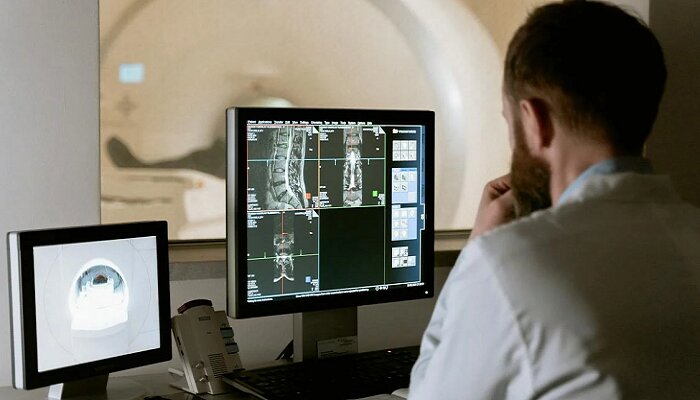Since the 1940s, medical professionals have used titanium in surgical and dental equipment. Today, it comes into play in various healthcare disciplines including biomedical implants or tools essential for any specific medical case. Here are characteristics that make titanium a viable solution for medical applications.
Seamless Compatibility with the Body
Medical grade titanium is biocompatible. This implies that it is able to interact with the human tissues without causing any rejection or infection. By integrating with the surrounding tissue, the implant reduces the possibility of infection.
Biocompatibility aids with accelerated healing and recovery thus reducing the recovery time. The other advantage of titanium is its ability to osseointegrate with surrounding bone. Such a process means that bone graft tissue grows specifically onto the implant surface which provides strength to the bond between implant and surrounding bone important for prosthesis application like placing joint replacement.
Strength and Durability
Unlike the commonly used stainless steel, titanium has a remarkable strength-to-weight ratio. This means we have implants that are outstandingly tough and long-lasting, but they are also surprisingly lightweight.
The right balance of these factors is crucial for the joint replacements, bone plates, and other such implants that need to be able to withstand the highly strained conditions without adding a lot of extra weight, so that in the end the comfort and mobility of the patient will be improved.
Corrosion Resistance
Medical grade titanium’s outstanding resistance to corrosion is especially important for the long-term performance of the implant and the medical devices. It prevents the metalreak of the common materials used in today’s medicine because of the body`s complicated structure and fluid.
This also decreases the necessity of revision surgeries, leading to less risks and complications. This approach will also cut the medical costs for patients. The titanium’s corrosion resistance ability is also important, as it prolongs the service lives of the implants, easing the financial burden of replacing them. In addition to all these, this resistance enhances patient outcomes, providing enhanced mobility, pain relief, and improved quality of life.
Imaging Compatibility
Medical-grade titanium has advantages compared to other materials. It is compatible with MRI scans, as it enables harmlessly annular view of an organ without compromising diagnostic performance. This is because MRIs produce undistorted images, free of artifacts thus enabling accurate diagnosis.
MRI-compatible implants as well allow doctors to make an accurate evaluation, or those treatments can be found to be acting well. Furthermore, the MRI-safe aspect of the titanium implants means that additional assays are not compulsory hence reducing the radiation exposure as well as guaranteeing a safer medical procedure.
Versatile By Adapting to Diverse Needs
Medical-grade titanium has capability of fabricating excellent performances. It can be designed into and shaped to various problems using various means. This enables the molecular level control of the implant’s design and customize them according to the specific needs of individual patients and their anatomical variations. Beyond these benefits, medical-grade titanium also offers:
- Allergic reactions are reduced when some other implant materials.
- Better aesthetics features as per its nature in corrosion resistance, which can be good in several articles applications such as the dental implants.
Endnote
The enhanced use of medical-grade titanium in healthcare has clearly caused a huge revolution in the medical field. Its distinctly high strength, biocompatibility, and adaptability lets it address patients` chronic diseases more effectively and eradicate pain in the long run and thus eventually improves their lives.


















